Clean sweeps: The race to delete players' old, offensive social-media posts
In the run-up to this year's NFL draft, Rich Calabrese and his team of social-media auditors discovered a curious piece of intel about a possible high pick: The player had once "liked" tweets that criticized an NBA star.
The finding wasn't necessarily a red flag, but something Calabrese, the executive vice-president of social research at Turnkey Intelligence, would term a "yellow light." To put it finely, it might disturb front-office execs in the city where the NBA star plied his trade, including the NFL franchise that had asked Calabrese's firm to scrutinize the prospect's online past.
"If that team's fan base saw that your No. 1 draft pick had liked negative, hating comments on the city's basketball team and their star player, that's not how you want to start the first interview after you draft this guy," Calabrese said.
The episode is a striking indicator of just how much time, energy, and brainpower sports organizations now devote to combing the annals of social media.
Had a software program, rather than a human, been trained to spot incriminating keywords deep in the prospect's timeline, the likes wouldn't have provoked any alarm. Until recently, the activity might have seemed innocuous - the basketball player would never be a future opponent or teammate, after all - or gone unseen for the duration of his pro career.
Instead, teams now hire independent advisers to probe every inch of a prospect's Twitter, Facebook, and Instagram accounts. Agents try to scrub any post that could be considered offensive. Experts warn student-athletes about the financial and reputational consequences of writing something derogatory or thoughtless on a public profile.
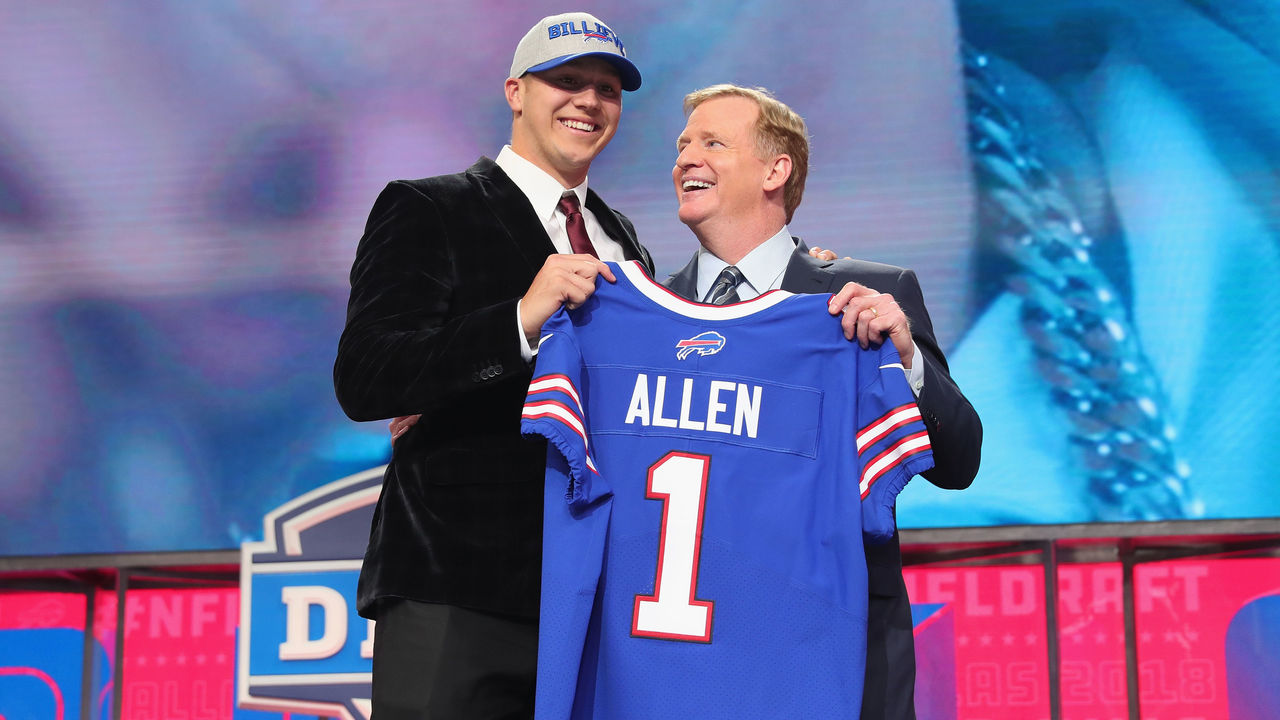
All of this legwork is done to avoid what befell Buffalo Bills quarterback Josh Allen on the eve of the 2018 NFL Draft.
"I was like, 'And, this is never happening to us,'" said Alyssa Romano, vice-president of communications at the Octagon sports agency, describing how the discovery of tweets in which Allen used the N-word as a high schooler convinced her that social-media review should be a paramount element of draft prep.
"I think I shared that story across our agency," Romano said, "just reminding people this could happen to anybody."
Plenty of athletes have indeed been in Allen's shoes in the past year. Thrust into the spotlight when they won the Heisman Trophy, clinched a national title, appeared in an all-star game, or powered an unlikely playoff run, Kyler Murray, Donte DiVincenzo, Josh Hader, and Jordan Binnington were all denounced on the occasion of their star turn because someone found the homophobic, racist, or culturally insensitive messages they tweeted as teenagers.
The array of posts that prospects have belatedly walked back runs the gamut from embarrassing to plainly unacceptable. When the Chicago Bulls drafted Bobby Portis in 2015, he offered to buy doughnuts for Derrick Rose and Pau Gasol, new teammates he'd slammed in tweets at age 16. At the opposite extreme is Colorado Rockies prospect Ryan Rolison, who was 15 when he suggested in a tweet that Barack Obama should be shot.
As athletes are called to account for all sorts of youthful utterances, they and their handlers are taking stock of their social-media history with greater urgency.
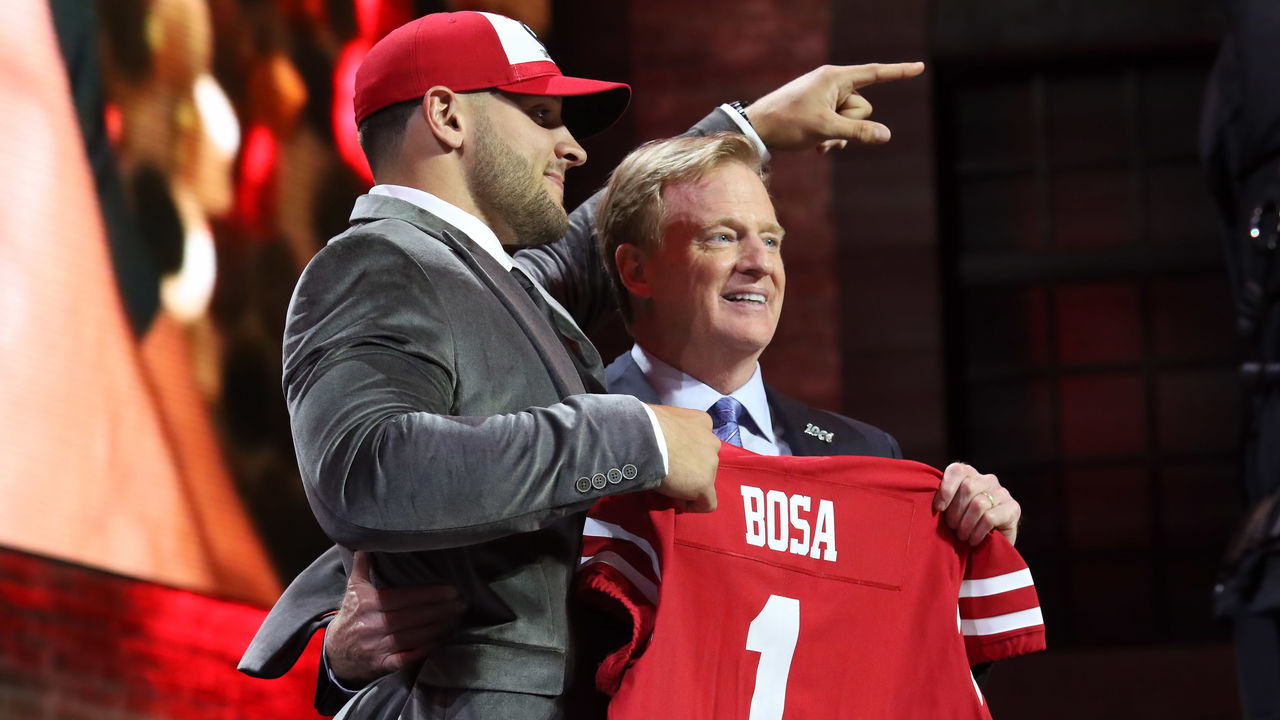
By analyzing the profiles of 100 of this year's best NFL prospects, Turnkey Intelligence found that 23 percent had deleted at least 100 posts, including one projected second-rounder who got rid of more than 11,000. The No. 2 overall pick, San Francisco 49ers defensive end Nick Bosa, deleted pro-Donald Trump and anti-Colin Kaepernick tweets before - as he suspected might happen - he was selected by Kaepernick's former team.
With this year's NBA and NHL drafts freshly in the books, theScore spoke to several people who work at the intersection of sports and social media about the behind-the-scenes efforts to chronicle or cleanse past online behavior, stretching all the way back to a prospect's early adolescence.
"To be able to leverage (social media), you have to make sure that it aligns with who you are," said Lauren Walsh, a publicist who works in image control with football and baseball players.
"People will have a skewed view of you even if you said one thing 10 years ago."
How the review process works
Romano, whose agency is among the biggest in sports, often turns to social media to familiarize herself with new clients before they ever speak in person. Some, she learns, like to tweet about their pets or favorite music. If a player professes his love for Sour Patch Kids, she'll have a pack on hand at their introductory meeting to break the ice.
Studying a client's social accounts serves another purpose, too: Players and their camps can figure out which posts they'd be smart to delete.
Equipped with a player's login credentials, someone - be it the agent, an agency communications staffer, or a consultant such as Walsh - will scroll back years to the player's first posts on Twitter, Facebook, and Instagram, and spend the next several hours painstakingly reading every word, searching for content, either original or shared, that doesn't reflect his present-day character.
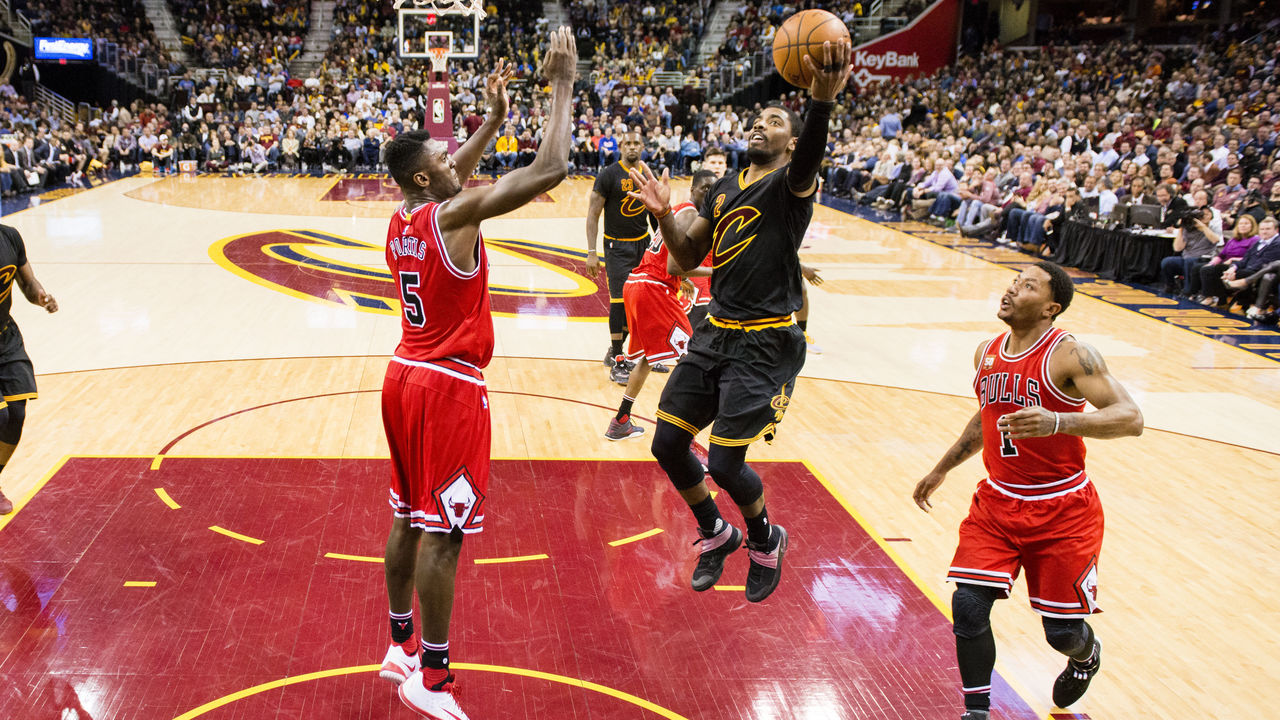
"A lot of the clients that we work with are 21, 22 years old. When they got a Facebook account, they were 13 or 14 years old," said Walsh, the founder of the Chicago-based firm LW Branding.
"We all mature over the years. The person who are we when we're 13 and who we are today is different. In order to have a level playing ground, and to have it be fair, it makes sense to go back through and say, 'Oh, wow, maybe I was just young and dumb. Let me see if I can go ahead and take that down so that people don't want to use that against me.'"
To Romano, this exercise is especially pressing for NFL and NBA prospects, since they're usually older when they're drafted - meaning their digital footprint is more extensive - and they become prominent pros sooner than their baseball and hockey counterparts.
Regardless of which sport a client plays, this review work must be done manually, Romano and Walsh maintain, no matter the tedium and time commitment. Technology designed to flag profanity and other objectionable phrases can miss messages that look bad in contexts only humans would understand.
Portis' anti-Bulls tweet from 2011 - "Fxck D-Rose and tha bulls! #teamHeat over here" - is a prime example. Prospects often enter their draft year as fans of a particular team, and any rival they deprecate publicly may wind up employing them.
"If you're a diehard Bruins fan and you're shit-talking the Blues this whole series, how does that look if now you're a member of the Blues?" Romano said, citing a hypothetical inspired by this year's Stanley Cup Final.
"That stuff's not going to get picked up by a robot," she said. "(Social media review is) also (done) to protect your soon-to-be fan base, or the organization that's drafting you."
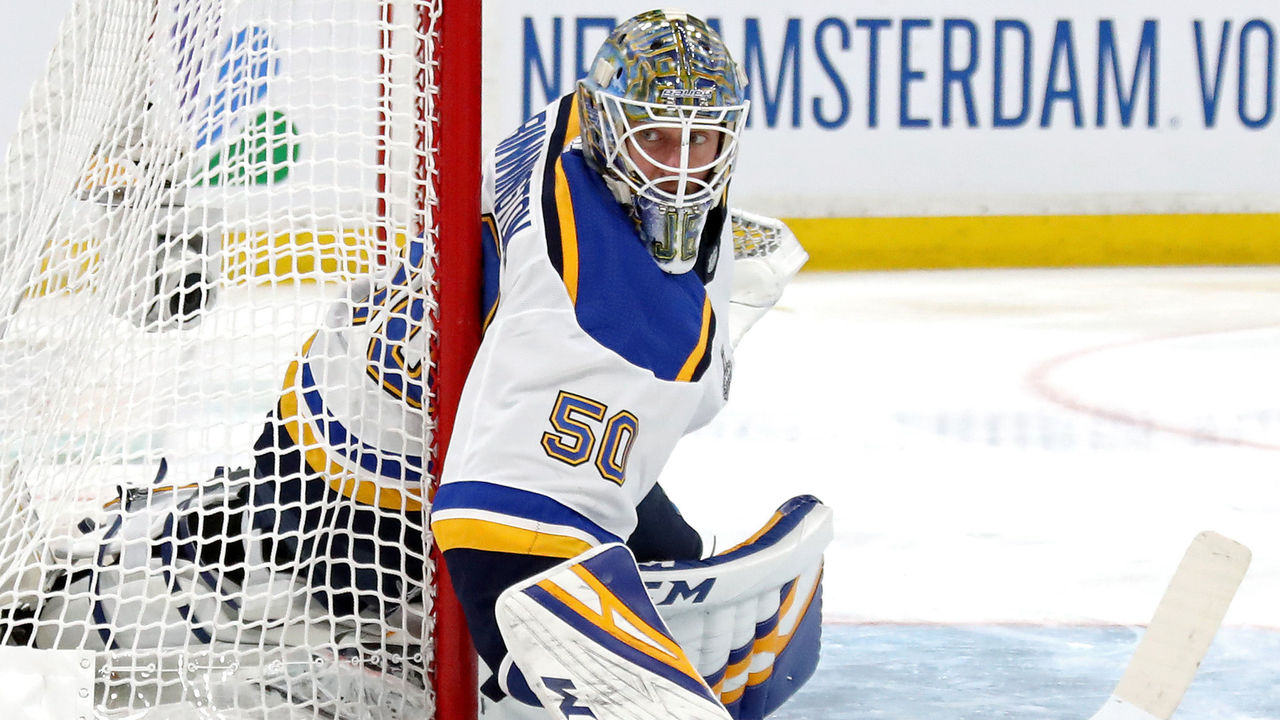
On the other side of the draft table, some franchises solicit help to glean insights of their own from social-media behavior. Calabrese said Turnkey Intelligence provided prospect reports to five teams this year and has spoken with half the NFL and NBA about possible future collaborations.
Human judgment is as essential to Turnkey's auditing practices as it is to Romano's and Walsh's. Operating out of Los Angeles, Nashville, and Indianapolis, the company's analysts study a prospect's social media activity by reviewing all of the athlete's posts and documenting any they think a team might care to see. That includes market-specific references that an algorithm would overlook.
"There might just be a picture of a Crying Jordan and a Buffalo Sabres logo, and there could be no keyword," Calabrese said.
As Turnkey analyzed the accounts of scores of prospects eligible for this year's NFL and NBA drafts, Calabrese said it found the basketball cohort was generally more polished than the football players, possibly because NBA prospects tend to garner national attention at a younger age.
Many more NFLers start out as unheralded recruits; Allen, for instance, didn't even get a Division I scholarship offer out of high school. By the time their stock swells, it may be too late to conceal past indiscretions.
"Between being a two-star freshman or sophomore in high school to being an NFL draft pick, you might have seven years of social posts where you were trashing teams, because you're a Browns fan. You might have liked some inappropriate photos of women," Calabrese said.
"They're unaware or maybe they've forgotten about this stuff," he added. "There are guys like Josh Allen all over the place."
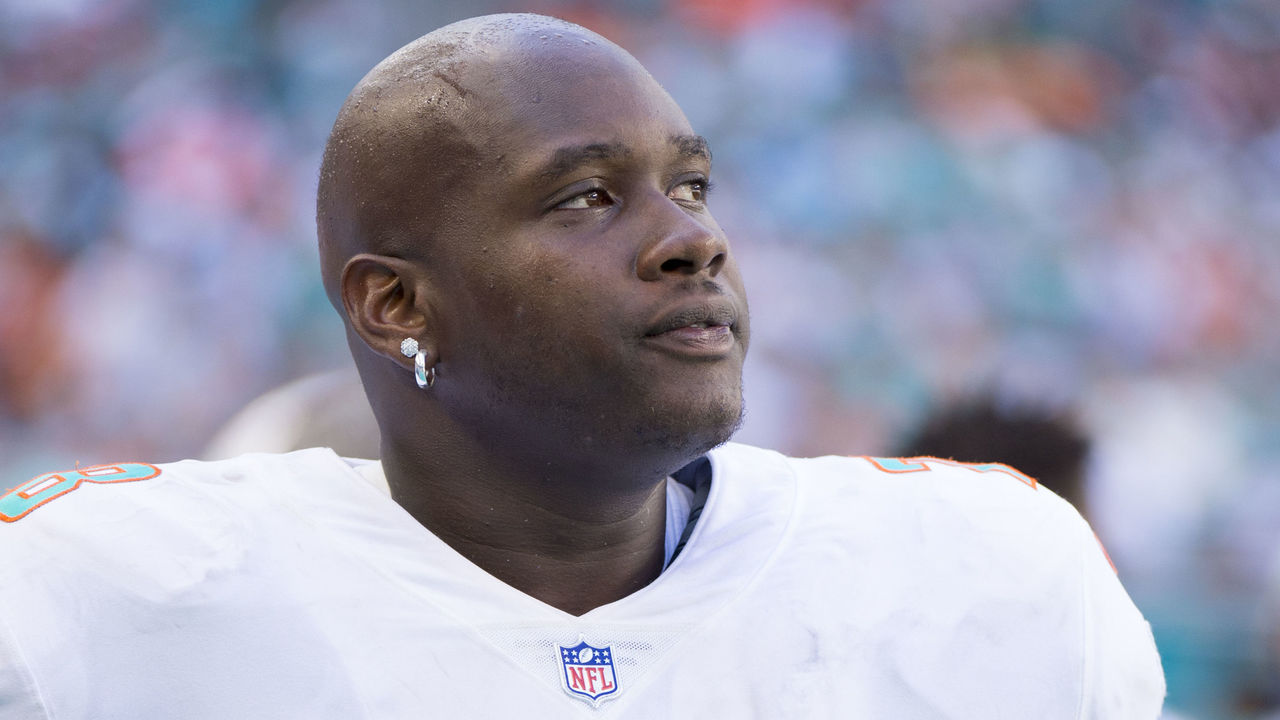
In rare cases, players' draft ambitions have been undone by content that didn't originate from them. The go-to cautionary tale in this genre belongs to Laremy Tunsil, the Miami Dolphins lineman who fell to 13th overall in the 2016 NFL Draft - reducing the value of his rookie contract by millions - after someone hacked his Twitter account and posted a video of him smoking a bong through a gas mask.
Kevin DeShazo, an Oklahoma City-based social media educator who has spoken to collegiate athletes at close to 200 U.S. schools, often brings up Tunsil's monetary loss to impress upon them that social media "isn't a game." He said many of his listeners think the Tunsil story and other anecdotes he relates are funny until they understand the ramifications.
In these meetings, DeShazo tells audience members that the material they publicize on their accounts should exhibit the values for which they want to be known. He said athletes typically depart the session with a better grasp of how far their social platforms reach - and, consequently, the resolve to stop retweeting obscene lyrics and inane videos.
"Nobody's ever had that conversation with them: 'Hey, our culture, for better or worse, overvalues sports, so there are a significant amount of eyeballs on you,'" DeShazo said. "That doesn't have to be a negative. That can be a really good thing, if you use that to your advantage."
Turnkey Intelligence's experience working with teams at the pro level seems to validate this sentiment. In conversations Calabrese has with front-office executives, he'll often hear that the vast amount of research at their disposal is never sufficient; they're always looking for one more metric to gauge a player's potential fit.
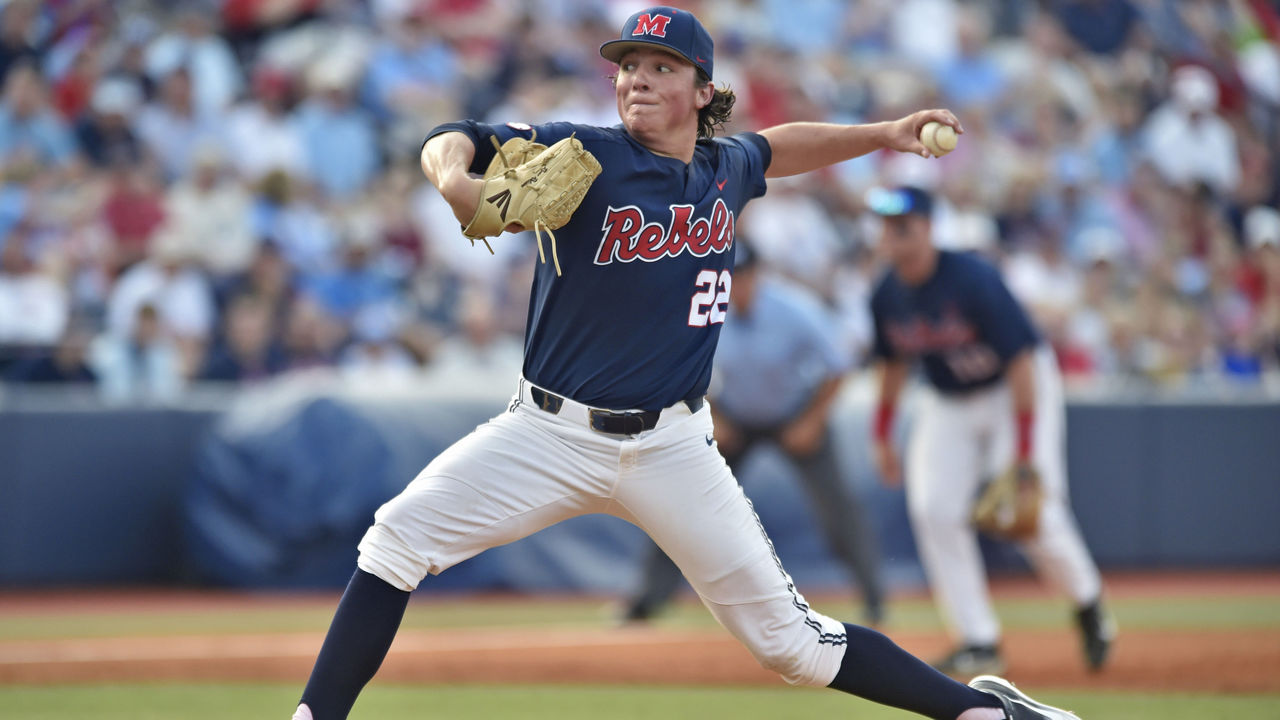
If two prospects are deadlocked on a draft board, a team seeking to ward off future headaches might consider social-media use a worthwhile tiebreaker.
"More and more in today's world," Calabrese said, "someone who is well-behaved, someone who understands the power of social media and uses it to their benefit, is going to be an attractive prospect over someone who uses it maybe immaturely."
Any prospect who hasn't internalized that lesson late into their draft season may be best off investing faith in the review process - if they think to undertake it in time. In the past couple of years, Walsh said her company has managed to sanitize the accounts of some high-profile NFL first-rounders, but only because the players' agents contacted her prior to the combine.
Calabrese echoes the conviction that forethought is crucial. Remember the projected NFL second-rounder who removed more than 11,000 posts from his accounts? He did so about a month ahead of draft day - too late to evade the notice of Calabrese's auditors, who had started digging already and were able to measure the scope of his cleanup effort.
"We were capturing things before people got a chance to say, 'Oh, the season's over. Time to go do this,'" Calabrese said.
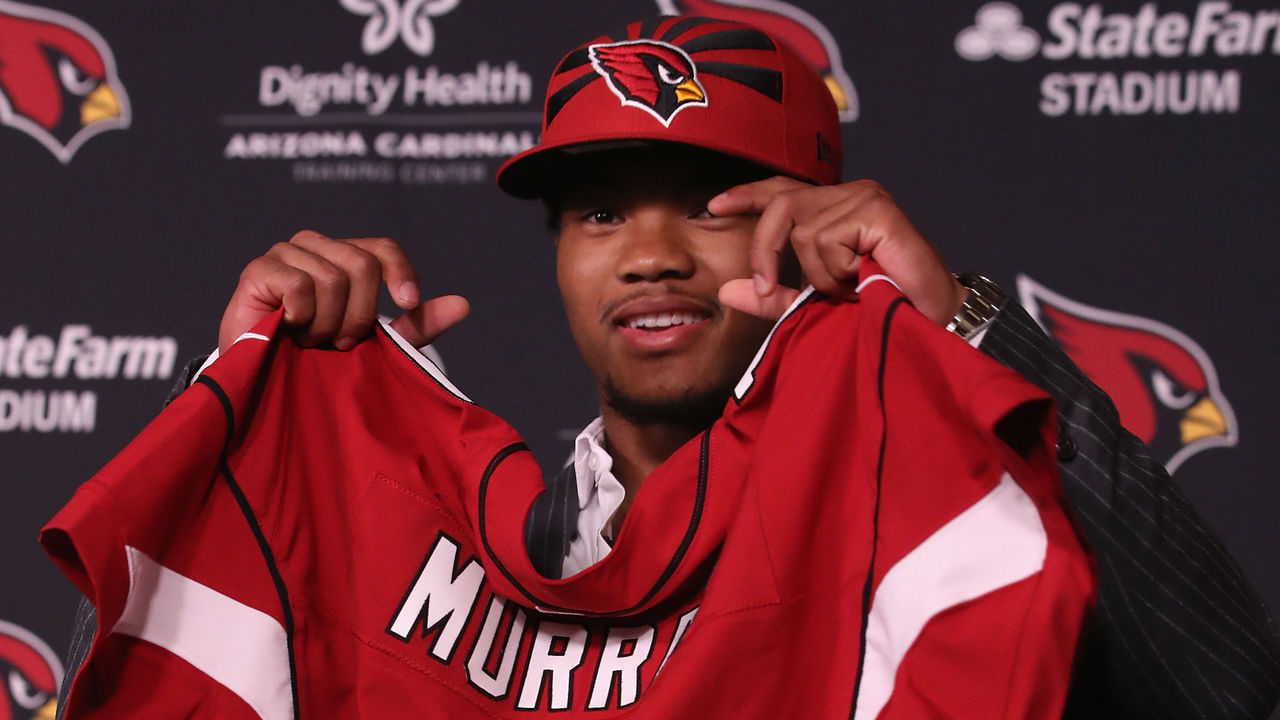
Should players be held accountable?
No look at the ins and outs of the practice of reviewing social media content would be complete without addressing the trend that has helped make it prevalent.
Allen, Murray, DiVincenzo, Hader, Binnington, and many other athletes who posted offensive messages as teenagers were only shown to have written those messages when internet users unearthed them several years later and alerted a mass audience.
It raises an important question: To what extent should athletes be held accountable for the loathsome words of their youth?
We asked three people for their opinions: DeShazo; Jimmy Sanderson, a Texas Tech sport management professor who studies social media's influence on sports; and Cyd Zeigler, co-founder of the LGBTQ sports website Outsports.
Kevin DeShazo
"I think (the phenomenon of unearthing old posts is) pretty ridiculous. Almost all of these situations, it's been things they said when they were 13 or 14. Now they're 21, 22 on draft night. Look, people change. That's not to excuse what they did, but talking about what they did as 13-year-olds, that's not relevant to who they are now, unless they're tweeting the same type of things," DeShazo said.
"If they've shown that their character hasn't changed, then sure, let's have a conversation. But if they show up to class, they show up to practice, they're a great friend, great teammate, great student - if we're going to judge them, let's judge them off of who they are today, not something they did seven years ago, when they had no supervision, didn't realize the internet was public, all these different things. We have to give people permission to grow and evolve and mature, especially at that age."
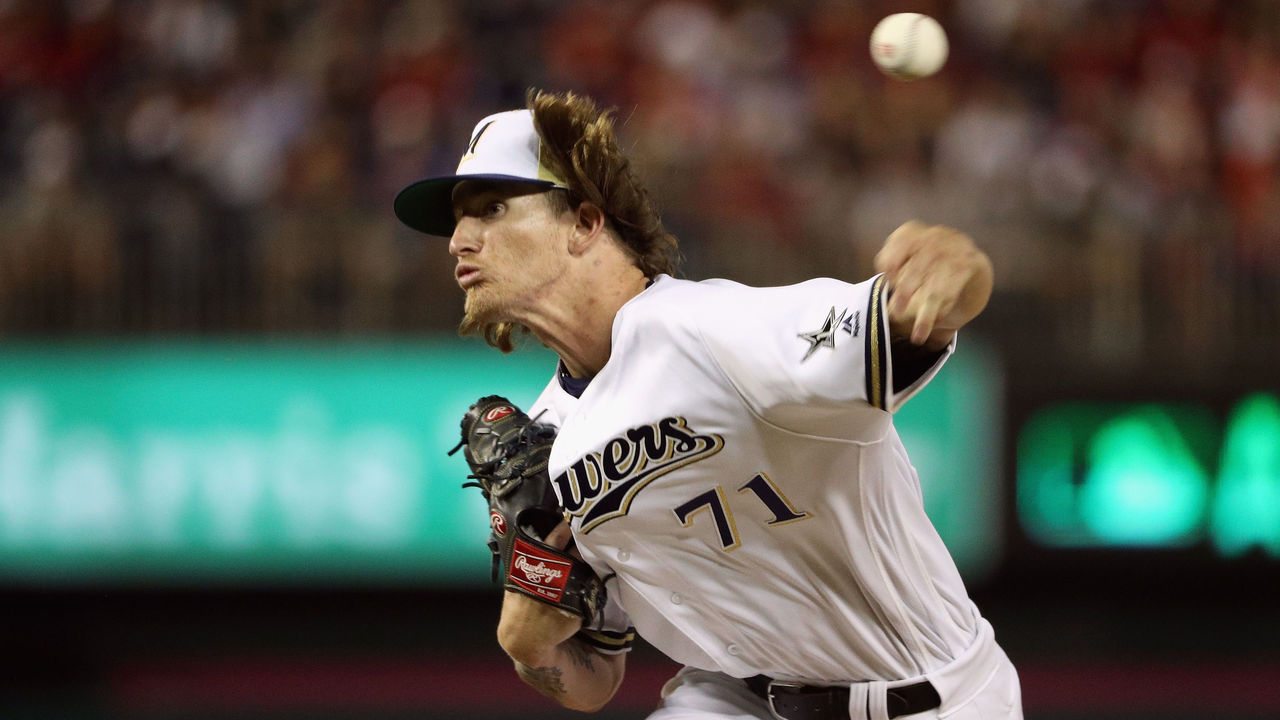
Jimmy Sanderson
"How ethical is it for us to be going back into these athletes' histories, looking for things to try to expose them? I'm not really sure about the ethics of it being done in the first place, but that is also the reality of the world we live in," Sanderson said.
The issue, as Sanderson sees it, is that young teenagers with a limited social media following can't foresee a future moment when they reach an MLB All-Star Game (like Hader) or shine in the Final Four (a la DiVincenzo) and someone spotlights the distasteful post they're about to type.
"It's something I'm actually still wrestling with and trying to really think through," Sanderson said. "It's a public forum, so anything any of us puts out there, it's fair, I think, to be called to account for it. But I'm still not sure that's the right thing for us to be doing - going back and saying, 'Well, gee, when this guy was 14, look at what he said.'
"If we're kind of being candid, a lot of 14- or 15-year-olds talk like that. It doesn't make it right, but I'm just saying, that's not abnormal behavior."
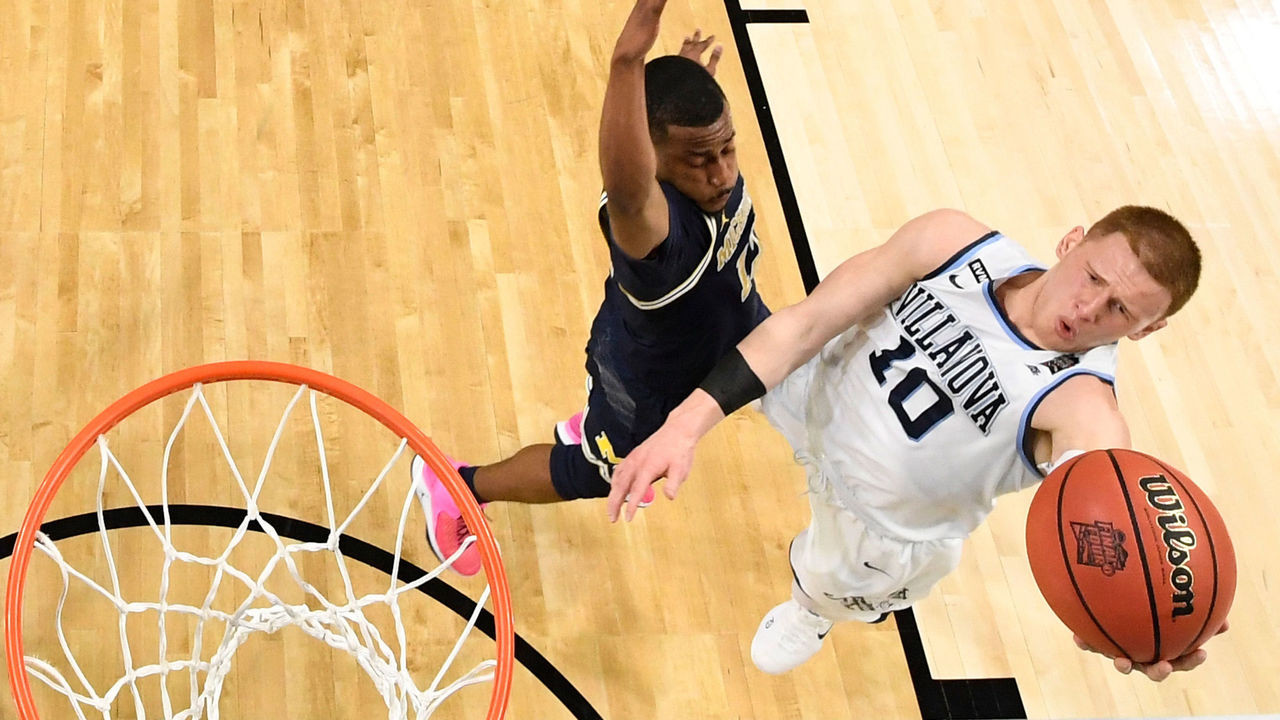
Cyd Zeigler
In stories he has written for Outsports about draft prospects and pro athletes who tweeted gay slurs when they were younger, Zeigler has argued that these players have a duty to own up to the language they used and to act to ameliorate the situation.
"Even though we can dismiss these things as the foolish words of a teenager, once they get into the public eye, their words have greater power and meaning. While I don't think athletes should be tarred and feathered for things they did while they were in high school, I also think it is their responsibility to make amends," Zeigler said.
Rather than ignoring or dismissing these past offenses, Zeigler wishes more athletes would engage in conversations about why the use of gay slurs is so harmful - perhaps by talking to high schoolers, working with LGBTQ charities, or customizing their shoes (as NFL players, for example, are allowed to do once per season) to show support for an LGBTQ cause.
"The language athletes use - including, maybe most importantly, the words 'f-----' and 'sissy,' or 'no homo' was very popular years ago - it carries a lot of weight in the locker room," Zeigler said.
"This is a big problem. This kind of language eats at the heart of LGBTQ athletes. This language forces many of them out of sports. It demeans them. I wish more of these athletes would do more than just dismiss it as, 'Oh, that was when I was a teenager, and I don't feel that way anymore.'"
Nick Faris is a features writer at theScore.
HEADLINES
- Tulane starter Gregg Glenn III dies in 'tragic accident'
- Kansas' Self released from hospital after heart procedure
- Florida's Fland sidelined following sports hernia surgery
- Trump inks executive order to clarify college athletes' employment status
- 5-star USC commit Arenas to miss at least 6-8 months with knee injury